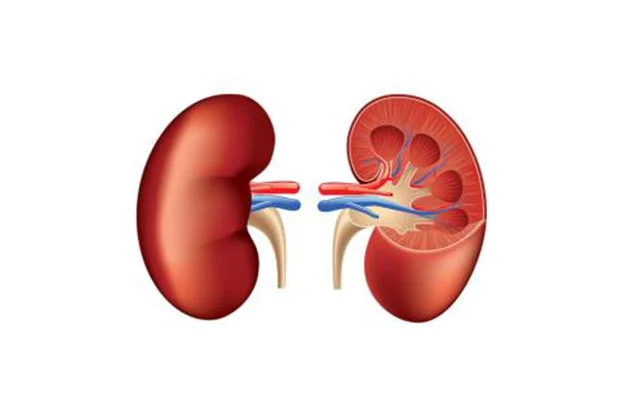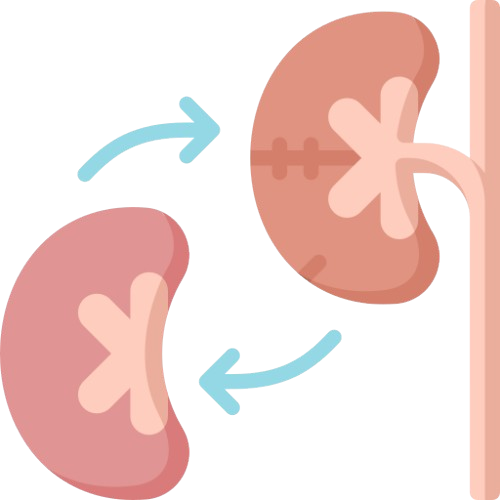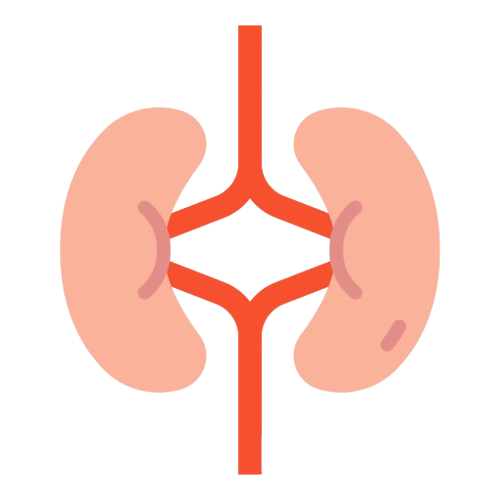Kidney Transplantation
Kidney transplantation is a surgical procedure where a healthy kidney from a donor is placed into a patient with end-stage kidney disease. It is considered the best treatment for kidney failure, offering improved quality of life and longevity compared to dialysis. The transplanted kidney can come from a living donor or a deceased donor. Post-transplant care includes immunosuppressive medications to prevent the body from rejecting the new kidney and regular follow-ups to monitor kidney function. The transplanted kidney takes over the job of filtering waste, balancing electrolytes, and maintaining fluid levels in the body.

Causes of Kidney Failure Requiring Transplantation:
- Chronic Kidney Disease (CKD).
- Diabetes.
- High Blood Pressure.
- Glomerulonephritis.
- Polycystic Kidney Disease.
- Obstructive Uropathy – Blockage in the urinary tract that causes kidney damage.
- Congenital Kidney Disorders – Birth defects that impair kidney function.
- Acute Kidney Injury (AKI) – Severe injury to the kidneys that leads to irreversible damage.
- Lupus Nephritis – An autoimmune condition that damages the kidneys.


Symptoms of Kidney Transplantation
- Fatigue and Weakness.
- Swelling in legs, ankles, or feet.
- Shortness of breath.
- Nausea and Vomiting.
- Decreased Urine Output.
- Chest Pain or Pressure.
- Persistent Itching – Caused by the buildup of waste products in the blood.
- Chest Pain – Due to fluid retention or electrolyte imbalances.
- Bone Pain – As kidney disease can affect calcium and phosphorus levels, leading to bone issues.
